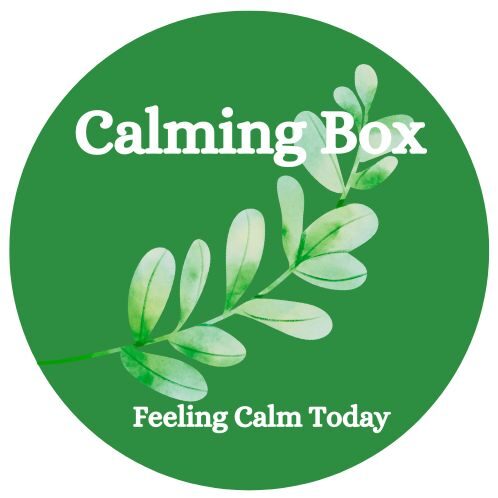Robbing Your Sense of Control
Feeling fragmented?
Unable to trust yourself and others?
Trauma, both physical and psychological, influences your sense of control over your life. The aftermath of a traumatic experience leaves lasting imprints that extend beyond the initial incident.
The repercussions of trauma reverberate through our body, nervous systems,emotions, thoughts, and behaviours, resulting in a pervasive loss of agency.
Shattered Trust in the World
Trauma dismantles the fundamental trust an individual has in their environment and in others. When traumatic events occur, involving violence, abuse, or betrayal, it ruptures the perception of our safety and predictability in the world. This shattered sense of trust leads to hypervigilance. Individuals are constantly on guard, expecting danger at every turn. The resulting inability to feel safe hinders our capacity to navigate their surroundings confidently, eroding the sense of control.
Fragmented Sense of Self
Trauma fragments our sense of self, causing us to feel disconnected from our own identity. Memories and emotions associated with the traumatic event resurface involuntarily, leading to flashbacks and nightmares. This dissociation from present reality intensifies the feeling of being trapped in the past, rendering us powerless to maintain a cohesive sense of self. As a result, we struggle to make decisions, set goals, or envision a meaningful future.
The impact of trauma on our sense of control over life is profound and multifaceted. The rupture of trust, fragmentation of self, contribute to this debilitating phenomenon. Recognizing and addressing these mechanisms is crucial for individuals on their journey to recovery.
By understanding the complex interplay between trauma and control, society can foster an environment of empathy and compassion for those who have endured such experiences, helping them regain their footing and rebuild their lives. Passing judgment and dismissing them is not helpful for any of us. Look for ways to support and include when you see others struggling.
Fear and irrational behaviour is often despair. Mocking others instead of considering what may have led to this situation,is not helpful for anyone. Being vulnerable is a privilege that is not possible for all. Some of us were raised in survival mode and not love.
Growing up in an environment centred on survival rather than love molds a perspective of scarcity and adversity. Emotions become guarded, as vulnerability is seen as a liability. It leads to challenges in forming deep emotional connections. The concept of affection feels foreign, replaced by a constant vigilance for threats. Within this struggle, lies a tenacious spirit, capable of finding strength amidst hardship, and an ability to appreciate the smallest glimmers of genuine care.
Be kind to others. Especially the ones that look like they don’t deserve to be understood. To be listened to.

